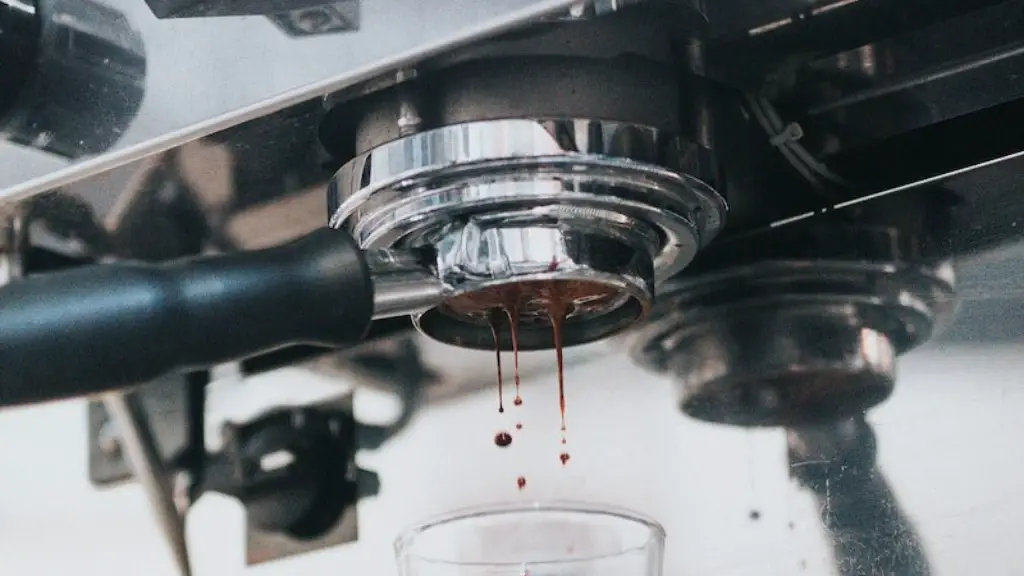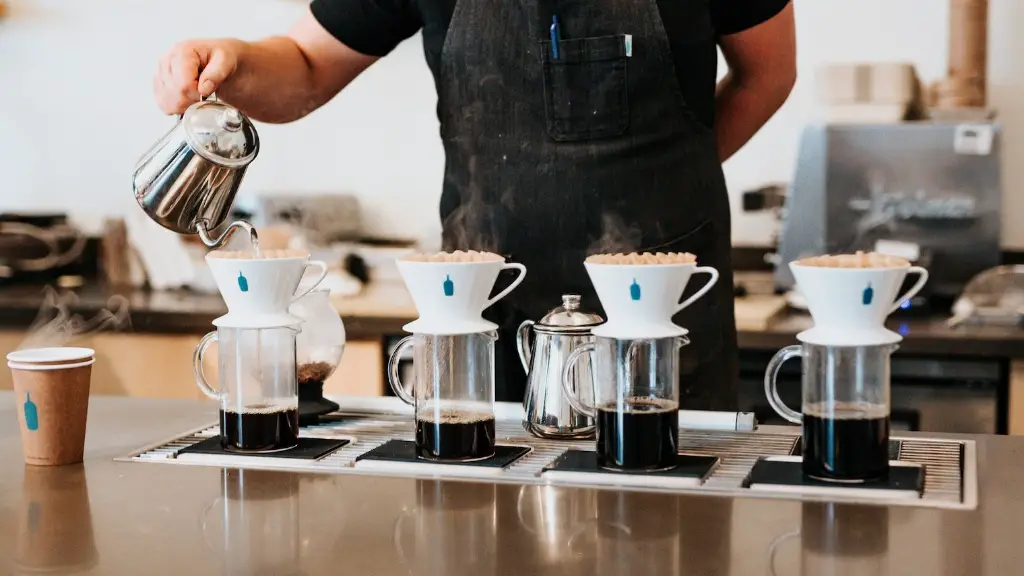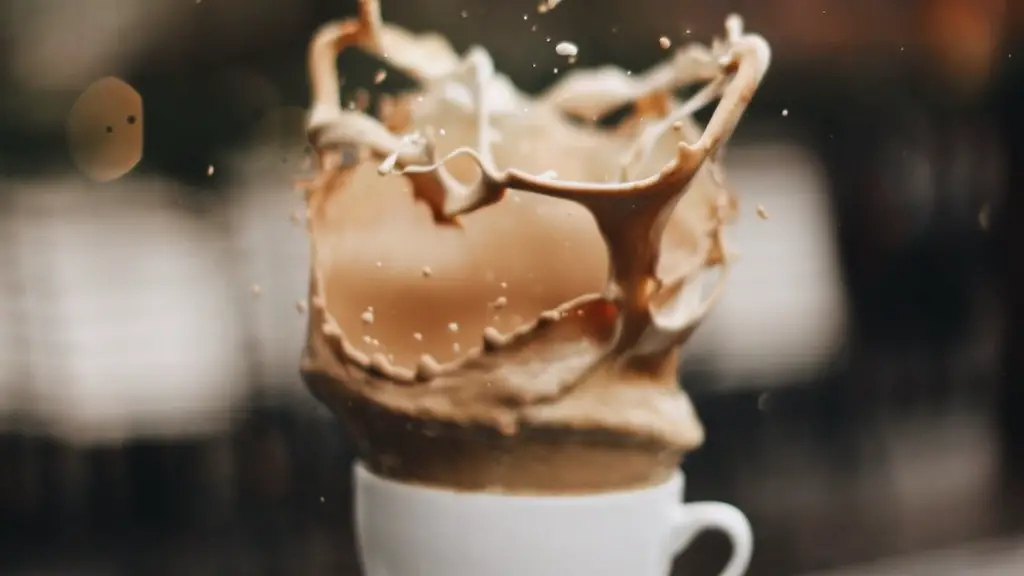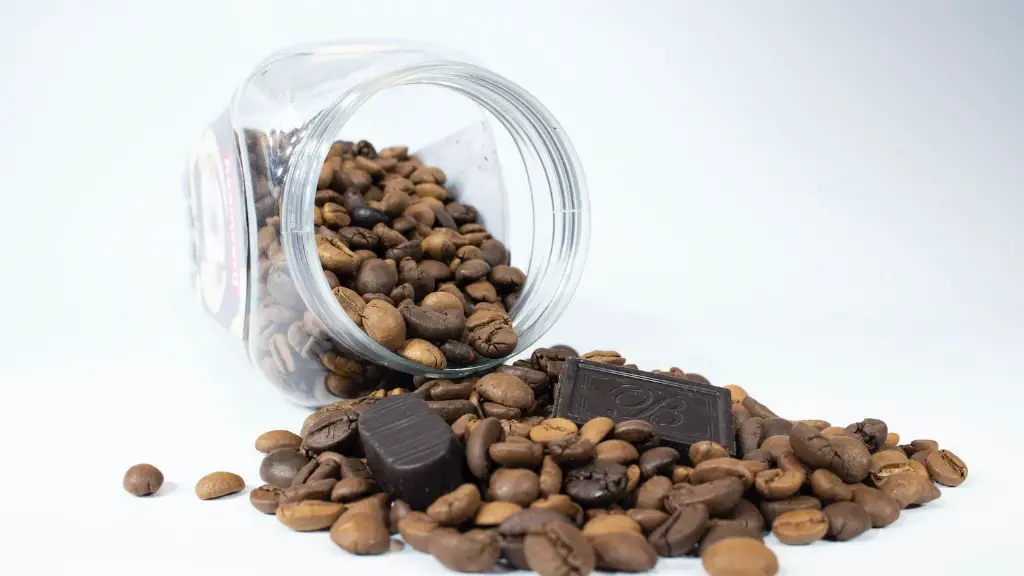Background Information
Fasting prior to cholesterol tests is done to ensure you get the most accurate results. That’s because certain conditions and even certain foods can affect the results, like a high fat or high sugar diet or foods that are high in calcium – such as milk, yogurt and cheese. But does fasting mean completely abstaining from all food and drink, like black coffee?
What Can You Drink Before A Cholesterol Test?
The common assumption before this test is that you can’t eat or drink anything other than water. That is not entirely true. According to Dr. Stephen Thung from Cleveland Clinic, any kind of beverage that does not contain any sort of calorie and is free from sugar is acceptable to be consumed during the fasting period of your cholesterol test. That means drinks like black coffee, herbal tea, diet soda, and other calorie-free beverages are allowed before the test.
Does Black Coffee Affect Your Cholesterol Levels?
Drinking black coffee without any added cream or sugar before the cholesterol test won’t affect your cholesterol level results. According to Cleveland Clinic, having 4-5 cups of black coffee per day won’t affect the results of your Cholesterol test. Having anything sugary or with fat content will raise your cholesterol levels, which is why you are advised against it.
Coffee, Caffeine and Forgoing The Fast
Aside from being a comfort drink, black coffee is known to suppress hunger that would normally break the fast, in addition to alertness and energy. However, the key to a successful fast before the cholesterol test is the lack of calories and sugar in the drink. Therefore, drinking black coffee in moderation is acceptable during a fast, preferably no more than 4-5 cups.
What to Avoid Before The Test
Although small amounts of black coffee won’t affect the results of your cholesterol test, it is still important to keep any kind of calorie intake to a minimum. That means avoiding other drinks like milkshakes, lattes, sweetened soft drinks and juices, alcoholic beverages, and shakes.
The Risk Of Non-Disclosure
It is important to keep in mind that if you choose to drink coffee during the fasting period for your cholesterol test, it is important to tell your doctor about it. The risk of non-disclosure is that the doctor won’t be able to accurately read the results of the test if they believe you have followed the ideal fasting advice of absolute abstinence from food and calorie-containing beverages.
The Role Of Nutrition
Eating a balanced and nutritious diet is crucial to keeping your cholesterol levels in check, regardless of whether you drink coffee while fasting before the test. Eating fruits, vegetables, whole grains, and fiber minimizes the effects of unhealthy carbs and fat. Consume foods rich in omega-3 fatty acids, nuts, oatmeal, and avocados to maintain a healthy cholesterol level.
The Role Of Exercise
Exercise can help maintain your cholesterol level. Even if you don’t drink black coffee during your fast for a cholesterol test, physical activity can help lower cholesterol level numbers. Incorporate aerobic activities like running, swimming, and biking into your exercise routine in addition to strength training.
The Role Of Stress Management
Stress is another factor that can increase your cholesterol levels. Certain activities can help lower your stress level, such as yoga and meditation. Mixing exercise and stress release techniques can help reduce your cholesterol levels while drinking black coffee while fasting for a cholesterol test or abstaining from caffeine.
Genetic Influences
Your body naturally produces cholesterol, and some individuals may naturally have higher levels than others. In some cases, genetic influences can be attributed to higher cholesterol levels, which may cause the need for medical attention and treatment, rather than dietary and lifestyle changes.
Taking Medications
If lifestyle and dietary changes are not enough to manage or reduce cholesterol levels, taking medications might be necessary. Cholesterol medications such as statins, bile acid sequestrants, and cholesterol absorption inhibitors, can help reduce cholesterol levels.
Recipe Changes
Switching recipes and making healthier food choices can help reduce cholesterol levels. Look for ways to prepare dishes with less fat but more flavor, such as using olive oil instead of butter, adding fresh herbs to recipes and using whole wheat flour instead of white.
Lifestyle Habits
Finally, lifestyle habits such as sleeping patterns and smoking play an important role in keeping cholesterol levels in check. Engaging in adequate sleep of seven to eight hours is imperative to help lower cholesterol levels, as is avoiding smoking and secondhand smoke.



